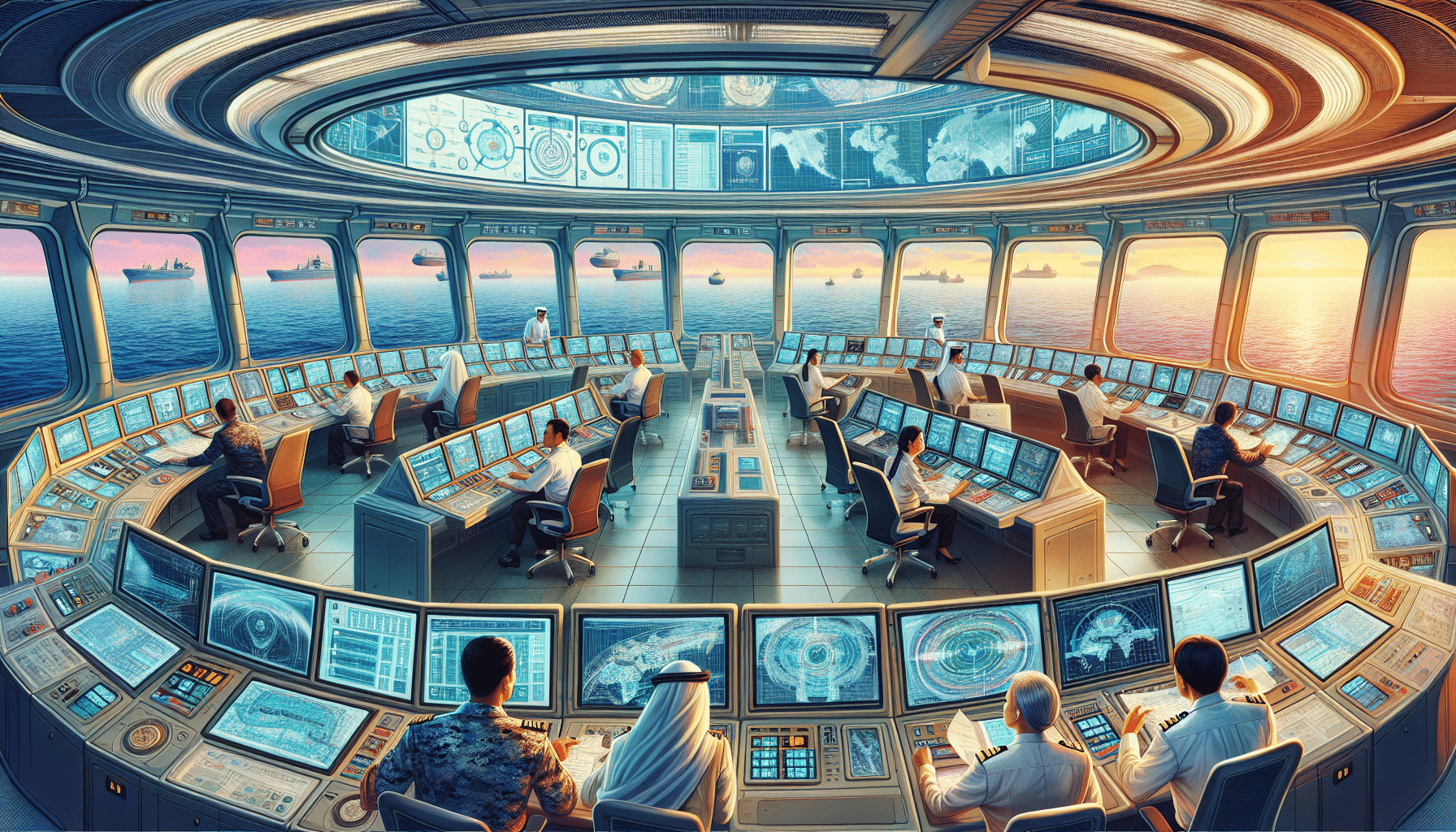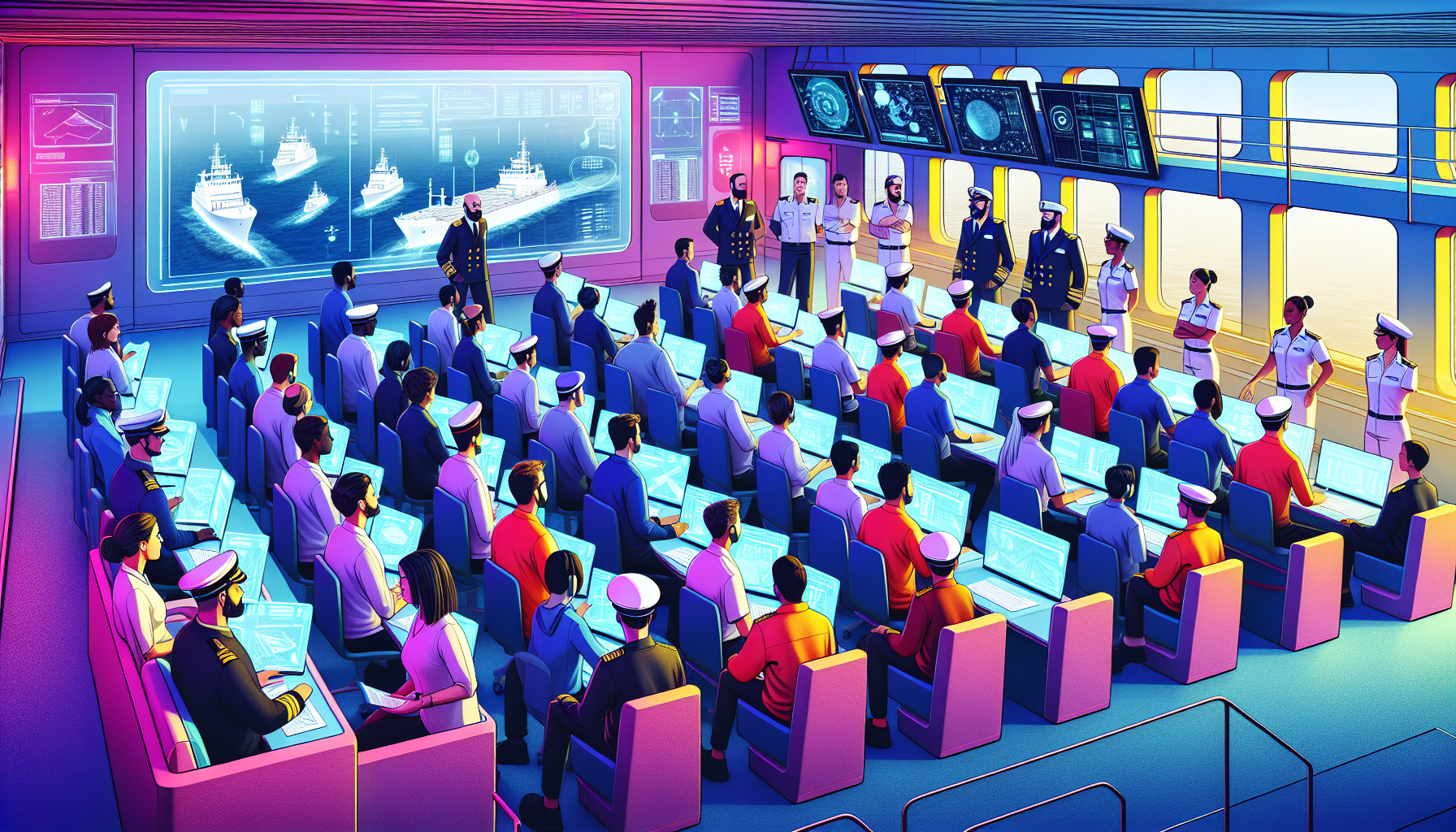Introduction to Maritime Safety
Maritime safety is crucial in ensuring the protection of lives, the environment, and property at sea. It encompasses a range of practices, technologies, and protocols designed to prevent accidents and injuries on ships and other marine vessels. This article delves into the key protocols and practices that enhance safety in maritime operations, emphasizing international regulations, crew training, technological advancements, and emergency preparedness.
International Regulations and Standards
International maritime safety is primarily regulated by the International Maritime Organization (IMO), which sets global standards to ensure the safety of ships and port facilities. Some of the crucial IMO conventions include:
- The International Convention for the Safety of Life at Sea (SOLAS): This is one of the most critical treaties concerning the safety of merchant ships. It stipulates minimum standards for the construction, equipment, and operation of ships, compatible with their safety.
- The International Convention on Standards of Training, Certification, and Watchkeeping for Seafarers (STCW): It sets qualification standards for masters, officers, and watch personnel on seagoing merchant ships.
- The International Convention for the Prevention of Pollution from Ships (MARPOL): Established measures aimed at preventing and minimizing pollution from ships by both accidental and operational means.
Regulatory Enforcement
Nations participating in these conventions are responsible for enforcing these standards through their maritime authorities. This involves regular inspections, certification, and review of ships and their personnel to ensure compliance with safety norms.
Technological Advancements in Maritime Safety
Technological innovations have dramatically enhanced maritime safety, enabling better communication, navigation, and emergency response capabilities. Key advancements include:
- Automatic Identification Systems (AIS): AIS is used for tracking vessel movements and navigational data communication between ships and coastal authorities, enhancing situational awareness and collision avoidance.
- Global Positioning System (GPS) and Electronic Chart Display and Information System (ECDIS): These systems provide real-time information about ship positioning and navigational hazards, helping in the prevention of groundings and collisions.
- Radars and Sonars: These are essential for detecting objects in and around water to prevent collisions, particularly in poor visibility conditions.
Crew Training and Competence
Competent crew members are fundamental to maritime safety. Effective training regimes, mandated by the STCW convention, equip maritime personnel with the necessary skills and knowledge to handle navigation, machinery, and emergency situations. Training programs often include:
- Basic Safety Training: Covers fundamental skills like firefighting, first aid, personal survival techniques, and personal safety responsibilities.
- Advanced Safety Training: Includes specialized courses for handling cargo, oil tanker operations, and chemical tankers.
- Simulation and Drills: Utilizing sophisticated simulators that replicate real-life scenarios at sea, helping crew to practice and perfect their responses to emergencies.
Emergency Preparedness and Response
Preparation for emergencies is a pivotal element of maritime safety. This involves not only training but also proper planning and the availability of suitable life-saving equipment. Regular drills, such as fire drills and man-overboard exercises, are critical. Ships must also carry up-to-date safety equipment, including:
- Lifeboats and Liferafts: Enough to accommodate all individuals on board.
- Personal Life-Saving Appliances: Life jackets and immersion suits for all crew and passengers.
- Emergency Position Indicating Radio Beacons (EPIRBs): For alerting search and rescue services in case of an emergency.
Coordination with Maritime Rescue Coordination Centers (MRCC)
MRCCs play a crucial role in coordinating search and rescue operations in the maritime domain. They operate 24/7, monitoring distress signals and coordinating the timely deployment of rescue resources.
Conducting Safety Audits and Inspections
Regular safety audits and inspections are vital to maintaining high safety standards. These inspections ensure compliance with safety regulations and help identify any potential safety issues before they lead to incidents. Audits generally cover areas like:
- Structural conditions of the ship
- Emergency systems and procedures
- Navigational practices
- Maintenance records
Future Challenges and Directions
As maritime traffic continues to grow, the challenges to maritime safety also increase. Future approaches to enhancing maritime safety may involve more rigorous international collaborations, further technological innovations, and enhanced digitalization of shipping practices. The industry is also likely to see greater emphasis on sustainable practices that ensure environmental safety alongside human safety.






